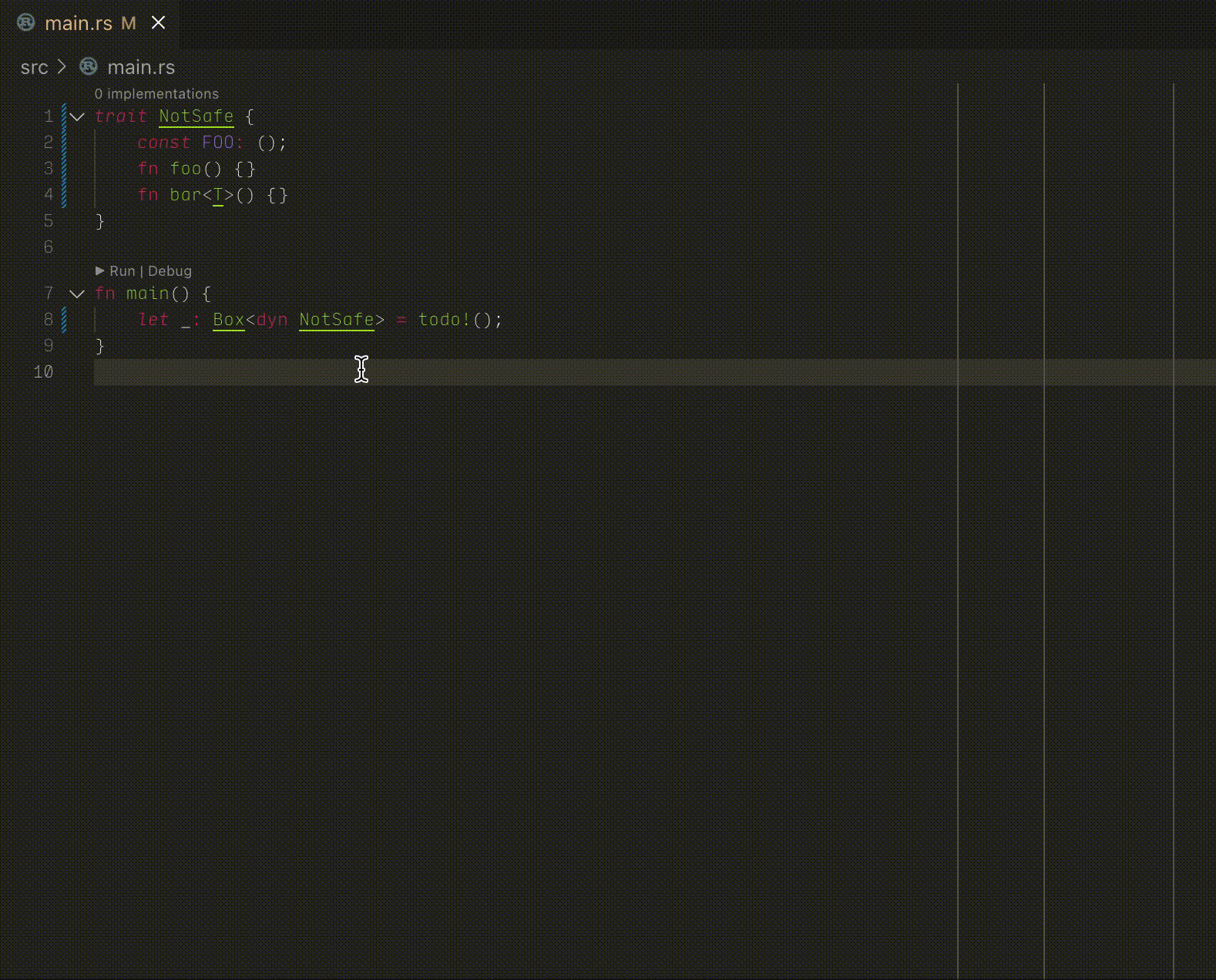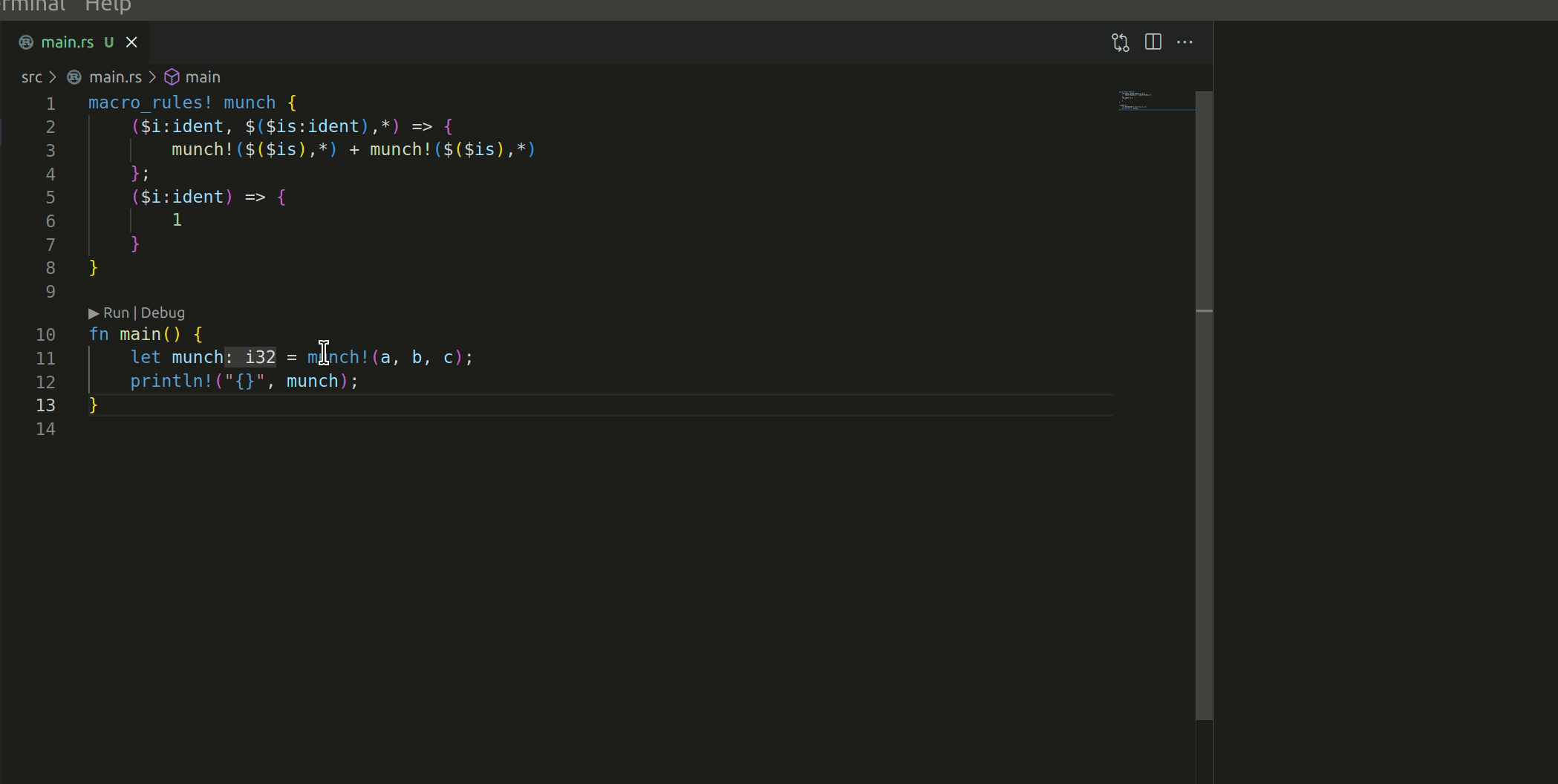Use CI LLVM in `test-various` builder
It was disabled because it needs `lld`, but since #104748 was merged it is no longer needed.
This will speed this test, since it no longer needs to build LLVM.
Move src/test to the root
See MCP at rust-lang/compiler-team#573
There may be more changes needed.
The first commit is just the move of the files:
You can check that the first commit did not do anything else than renames by running
```
git diff --diff-filter=r -M100% <rust-lang remote>/master <first commit hash>
```
The output should be empty, because the filter excludes renames, and the match threshold for qualifying a rename is 100%.
The second one is mostly a "find and replace" of `src/test` to `tests` and whatever is needed to make CI pass.
What is left to do:
---
- [x] Move directory
- [ ] Change references to `src/test`
- [x] Change references in-tree
- [ ] Change references in submodules / out-of-tree docs
- [x] Make CI pass:
- [x] Fix tidy
- [x] Fix tests
- [x] Bless tests if needed (shouldn't normally)
- [ ] Merge it !
Fix stack overflow in recursive AST walk in early lint
The src/test/ui/issues/issue-74564-if-expr-stack-overflow.rs test case added to verify https://github.com/rust-lang/rust/issues/74564 still crashes with a stack overflow on s390x-ibm-linux.
Symptom is a very deep recursion in compiler/rustc_lint/src/early.rs:
fn visit_expr(&mut self, e: &'a ast::Expr) {
self.with_lint_attrs(e.id, &e.attrs, |cx| {
lint_callback!(cx, check_expr, e);
ast_visit::walk_expr(cx, e);
})
}
(where walk_expr recursively calls back into visit_expr). The crash happens at a nesting depth of over 17000 stack frames when using the default 8 MB stack size on s390x.
This patch fixes the problem by adding a ensure_sufficient_stack call to the with_lint_attrs routine (which also should take care of all the other mutually recursive visitors here).
Fixes part of https://github.com/rust-lang/rust/issues/105383.
Consider return type when giving various method suggestions
1. Fix a bug in method probe where we weren't normalizing `xform_ret_ty` for non-`impl` method candidates. This shouldn't affect happy-path code, since we only use `xform_ret_ty` when probing methods for diagnostics (I think).
2. Pass the return type expectation down to `lookup_probe`/`probe_for_name` usages in diagnostics. Added a few UI tests to gate against bad suggestions.
3. Make a `FnCtxt::lookup_probe_for_diagnostic` which properly passes down `IsSuggestion(true)`. Should help suppress other weird notes in some corner cases.
Rollup of 9 pull requests
Successful merges:
- #105034 (Add example for iterator_flatten)
- #105708 (Enable atomic cas for bpf targets)
- #106175 (Fix bad import suggestion with nested `use` tree)
- #106204 (No need to take opaques in `check_type_bounds`)
- #106387 (Revert "bootstrap: Get rid of `tail_args` in `stream_cargo`")
- #106636 (Accept old spelling of Fuchsia target triples)
- #106639 (update Miri)
- #106640 (update test for inductive canonical cycles)
- #106647 (rustdoc: merge common CSS for `a`)
Failed merges:
r? `@ghost`
`@rustbot` modify labels: rollup
Colorize `cargo check` diagnostics in VSCode via text decorations
Fixes#13648

Use ANSI control characters to display text decorations matching the VScode terminal theme, and strip them out when providing text content for rustc diagnostics.
This adds the small [`anser`](https://www.npmjs.com/package/anser) library (MIT license, no dependencies) to parse the control codes, and it also supports HTML output so it should be fairly easy to switch to a rendered HTML/webview implementation in the future
I also updated the default `cargo check` command to use the rendered ANSI diagnostics, although I'm not sure if it makes sense to put this kind of thing behind a feature flag, or whether it might have any issues on Windows (as I believe ANSI codes are not used for colorization there)?
Use ANSI control characters to display text decorations matching the
VScode terminal theme, and strip them out when providing text content
for rustc diagnostics.
This adds the small `anser` library to parse the control codes, and it
also supports HTML output so it should be fairly easy to switch to a
rendered HTML/webview implementation if desired.
Rename `checkOnSave` settings to `check`
Now that flychecks can be triggered without saving the setting name doesn't make that much sense anymore. This PR renames it to just `check`, but keeps `checkOnSave` as the enabling setting.
Add action to expand a declarative macro once, inline. Fixes#13598
This commit adds a new r-a method, `expandMacroInline`, which expands the macro that's currently selected. See #13598 for the most applicable issue; though I suspect it'll resolve part of #5949 and make #11888 significantly easier).
The macro works like this:

I have 2 questions before this PR can be merged:
1. **Should we rustfmt the output?** The advantage of doing this is neater code. The disadvantages are we'd have to format the whole expr/stmt/block (since there's no point just formatting one part, especially over multiple lines), and maybe it moves the code around more in weird ways. My suggestion here is to start off by not doing any formatting; and if it appears useful we can decide to do formatting in a later release.
2. **Is it worth solving the `$crate` hygiene issue now?** -- I think this PR is usable as of right now for some use-cases; but it is annoying that many common macros (i.e. `println!()`, `format!()`) can't be expanded further unless the user guesses the correct `$crate` value. The trouble with solving that issue is that I think it's complicated and imperfect. If we do solve it; we'd also need to either change the existing `expandMacro`/`expandMacroInline` commands; provide some option to allow/disallow `$crate` expanding; or come to some other compromise.
fix: generate async delegate methods
Fixes a bug where the generated async method doesn't await the result before returning it.
This is an example of what the output looked like:
```rust
struct Age<T>(T);
impl<T> Age<T> {
pub(crate) async fn age<J, 'a>(&'a mut self, ty: T, arg: J) -> T {
self.0
}
}
struct Person<T> {
age: Age<T>,
}
impl<T> Person<T> {
pub(crate) async fn age<J, 'a>(&'a mut self, ty: T, arg: J) -> T {
self.age.age(ty, arg) // .await is missing
}
}
```
The `.await` is missing, so the return type is `impl Future<Output = T>` instead of `T`
feat: add the ability to limit the number of threads launched by `main_loop`
## Motivation
`main_loop` defaults to launch as many threads as cpus in one machine. When developing on multi-core remote servers on multiple projects, this will lead to thousands of idle threads being created. This is very annoying when one wants check whether his program under developing is running correctly via `htop`.
<img width="756" alt="image" src="https://user-images.githubusercontent.com/41831480/206656419-fa3f0dd2-e554-4f36-be1b-29d54739930c.png">
## Contribution
This patch introduce the configuration option `rust-analyzer.numThreads` to set the desired thread number used by the main thread pool.
This should have no effects on the performance as not all threads are actually used.
<img width="1325" alt="image" src="https://user-images.githubusercontent.com/41831480/206656834-fe625c4c-b993-4771-8a82-7427c297fd41.png">
## Demonstration
The following is a snippet of `lunarvim` configuration using my own build.
```lua
vim.list_extend(lvim.lsp.automatic_configuration.skipped_servers, { "rust_analyzer" })
require("lvim.lsp.manager").setup("rust_analyzer", {
cmd = { "env", "RA_LOG=debug", "RA_LOG_FILE=/tmp/ra-test.log",
"/home/jlhu/Projects/rust-analyzer/target/debug/rust-analyzer",
},
init_options = {
numThreads = 4,
},
settings = {
cachePriming = {
numThreads = 8,
},
},
})
```
## Limitations
The `numThreads` can only be modified via `initializationOptions` in early initialisation because everything has to wait until the thread pool starts including the dynamic settings modification support.
The `numThreads` also does not reflect the end results of how many threads is actually created, because I have not yet tracked down everything that spawns threads.
add wrapping/checked/saturating assist
This addresses #13452
I'm not sure about the structure of the code. I'm not sure if it needs to be 3 separate assists, and if that means it needs to be in 3 separate files as well.
Most of the logic is in `util.rs`, which feels funny to me, but there seems to be a pattern of 1 assist per file, and this seems better than duplicating the logic.
Let me know if anything needs changes 😁